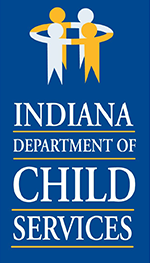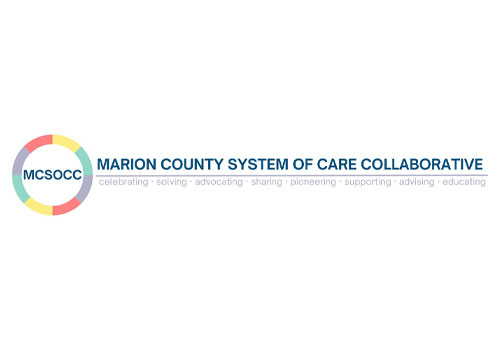Welcome to Trauma Informed Care 2023. Today marks our 12th year of collaborating, partnering, and listening to messages about trauma informed care. When I first heard of trauma informed care and the physical and psychological impact that trauma has, a light bulb truly went off in my head. My excitement to share this message with others is what created the Trauma Informed Care Symposium. However, I couldn’t do it alone and was overwhelmed with support from others wanting to help share the message.
Understanding trauma informed care has become a norm in our work. We’ve strived to learn, to grow and to positively impact those we serve. This symposium has helped us as a community of providers to speak a common language and to serve others with dignity, understanding and professionalism.
I would like to take this opportunity to thank everyone who has made this amazing symposium become a reality beginning 12 years ago, to current day and into the future. Region 10 DCS, Firefly Children and Family Alliance and many partners are truly grateful for the commitment and passion that is demonstrated every year to prepare for this day and bring the best information to you. We are also very thankful for each of you serving children and families. With today’s attendance we can estimate that the Trauma Informed Care Symposium has served over 10,000 participants.
What is trauma informed care and why is it important? Trauma is common among those we serve, ourselves and our colleagues. We collectively need to bring an awareness of the prevalence of trauma, an understanding of the impact of trauma and the understanding of the services available to address it. As the mantra states, “we must ask those we serve “what has happened to you?” We should not look at others and think “what is wrong with you?” Trauma impacts so many but the response to the trauma is different for everyone. We need to make sure our system is not revictimizing and is responsive to the needs of those we serve.
“Trauma-informed care is a strengths-based framework that is grounded in an understanding of and responsiveness to the impact of trauma, that emphasizes physical, psychological, and emotional safety for both providers, survivors, and that creates opportunity for survivors to rebuild a sense of control and empowerment.” (Hopper, Basuk, & Olivet, 2010).
We come together today to hear the same message. Collectively, our partnerships in Region 10 will improve our engagement and service to others as we strive to understand trauma and its impact. We currently have well over one hundred providers in Region 10 who provide a multitude of services. In our prevention area, we have approximately 45 providers reaching families and children without a system being involved. Our prevention partners work with youth in the arts, mentoring, tutoring, pro-social activities, camps, offering material relief, and much, much more. These providers serve families and children in their neighborhoods seeking solutions that are natural and community based.
Region 10 DCS and partners will continue to work towards improved outcomes for children and families. We will work towards offering prevention services and intervention services. We will highlight those agencies as we partner with them on continued efforts to be a community helping others using a trauma informed and trauma responsive approach.
The time is now to get involved! Always remember, when the going gets tough to stop and think about trauma and the impact it may have had on families, youth, your colleagues, a family member or friend and equally important-yourself.
I wish you all the best today. Enjoy the speakers, the interaction and take back what you’ve learned as you do your work each and every day. Each of you has a difficult job and you are truly appreciated and respected for the work that you do!
All the best,
Peggy Surbey, Regional Manager
Region 10 DCS

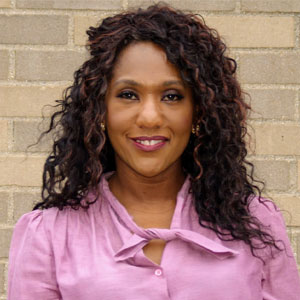
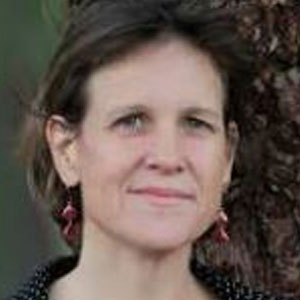
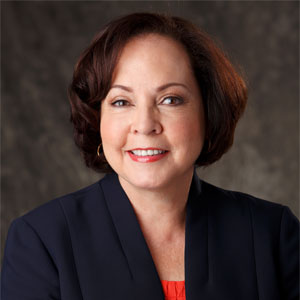
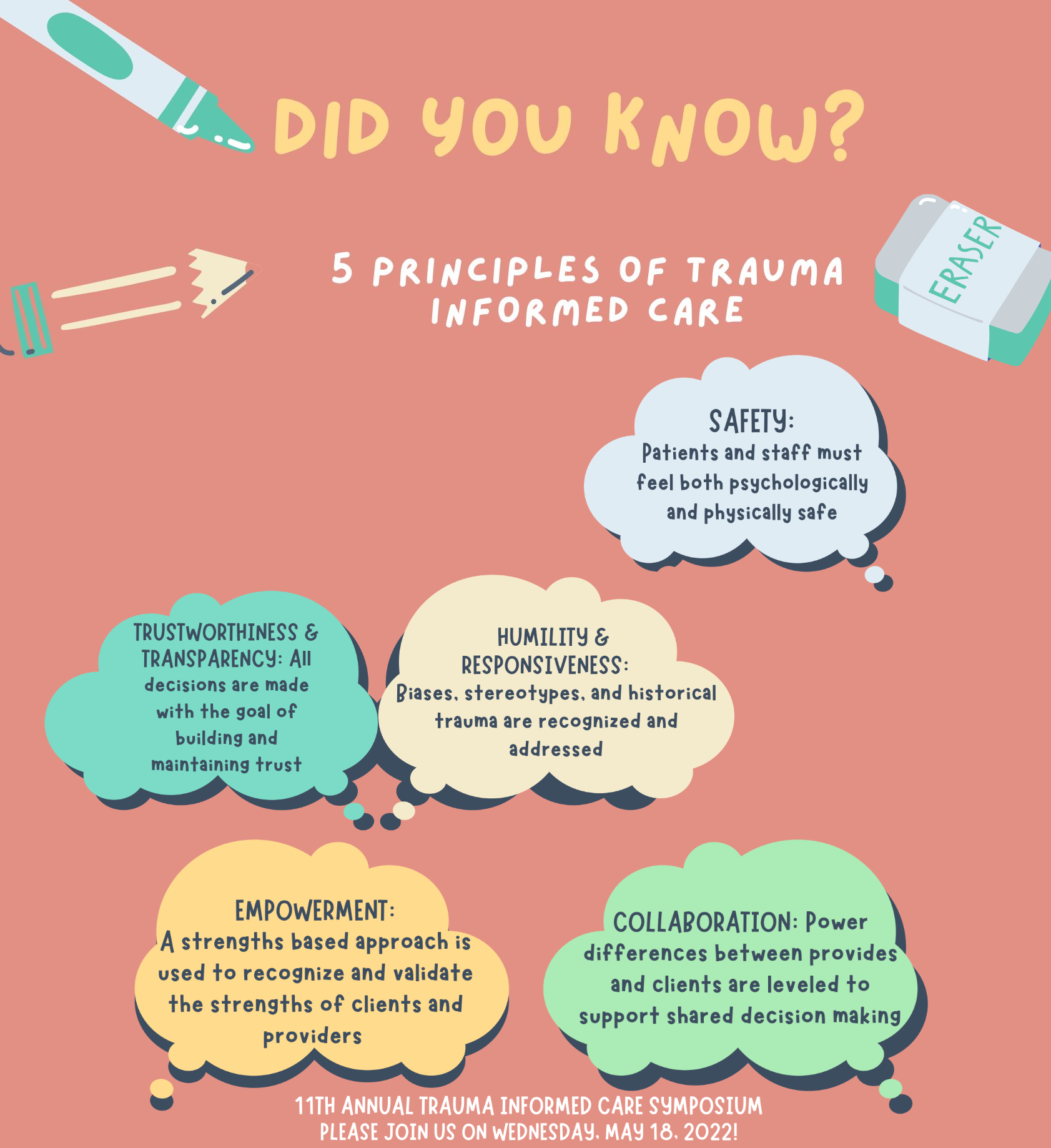
.jpg)
